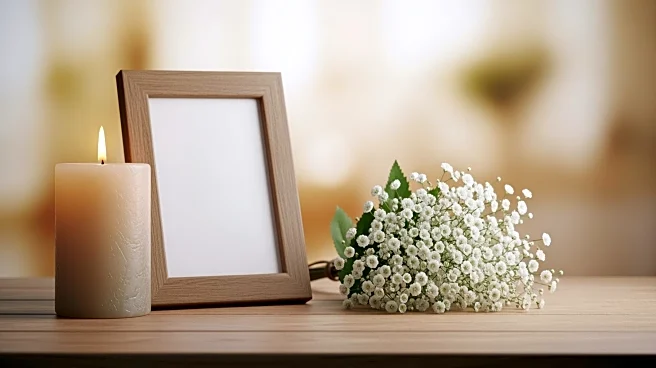By Oriana Boselli
NEGRAR, Italy (Reuters) -Italy's wine producers, already struggling amid a slowing economy and a strengthening euro, face a further challenge after wine and spirits were left out of the U.S.-EU
trade deal agreed on Sunday.
Discussions are continuing regarding any tariff exemptions for the wines and spirits sectors in the framework trade deal, a senior European Commission official said on Monday, a day after the U.S. and EU agreed a 15% tariff on U.S. imports of most other goods from the European Union.
Producers in the winemaking region of Valpolicella, in northern Italy, warn that on the top of any new tariff, their exports will be impacted by the depreciating dollar, which has lost more than 12% against the euro this year, making European goods more expensive for U.S. consumers.
"This is already pretty bad," said Andrea Sartori of the Sartori winery in Negrar di Valpolicella, founded in 1898.
"I'm very worried about the economy overall. And we all know that wine consumption doesn't thrive very well when we have seen economic crises in the past," Sartori told Reuters. "So this could be a domino effect that could hit the wine trade as well."
The United States is the biggest export market for Italy's wine and spirits producers, generating sales of 2 billion euros ($2.3 billion) last year, or a quarter of their global sales, according to industry group Federvini.
Lamberto Frescobaldi, president of Italian wine producer association UIV, said on Sunday that 15% tariffs on wine would result in a loss of 317 million euros ($372.63 million) over the next 12 months.
Wine producers are already facing subdued domestic demand, with the Italian economy forecast to grow just 0.6% this year, according to national statistics bureau ISTAT, although premium wines are set to do better as deeper-pocketed consumers are less price sensitive.
They include Valpolicella's top end Amarone wine.
"Amarone is the least sensitive because it's already a premium wine with a pretty high price. So I don't think it would be a dramatic change," Sartori said.
"I'm more worried about Valpolicella and Ripasso, which are mainstream, and a price increase could possibly damage the sales," he added
(Additional reporting by Alex Fraser; Editing by Giselda Vagnoni and Susan Fenton)










